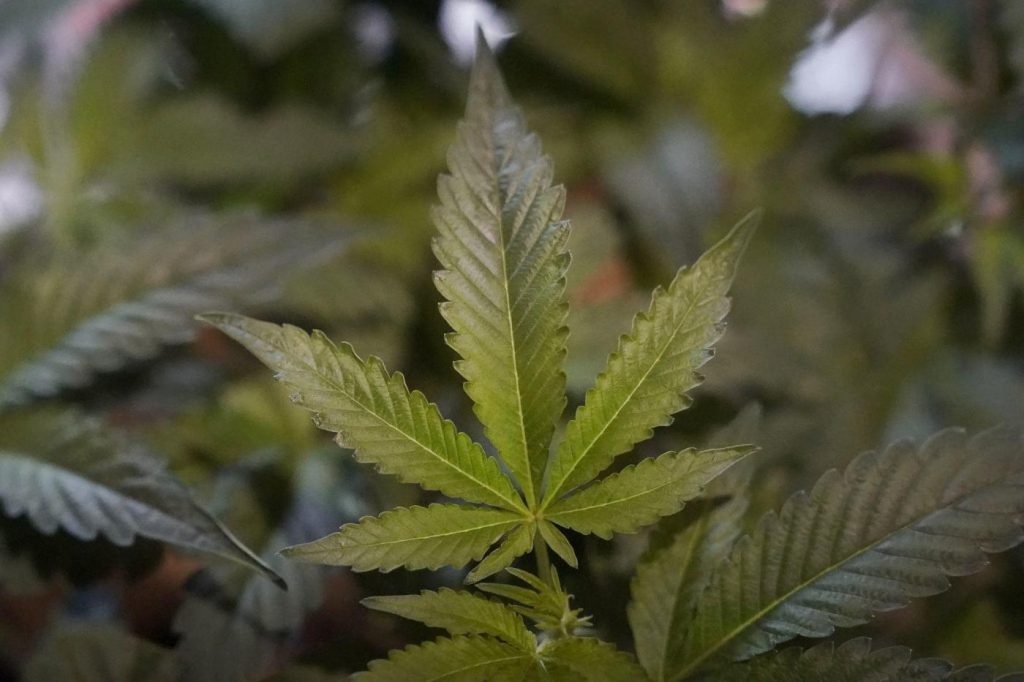New regulations for medicinal marijuana deliveries are expected to arrive on Milpitas’ doorstep.
City Council members will vote Tuesday night on whether to adopt an ordinance that would tightly control medicinal cannabis deliveries within city limits. The local move is a response to Senate Bill 1186, a state law that took effect in January that says a city cannot adopt or enforce regulations that prohibit such deliveries.
Recreational cannabis sales and deliveries are illegal in Milpitas and council members wanted to take as many precautions as possible to ensure medicinal usage is being monitored.
“The main drive is to educate the people about why it’s coming here and assure the people that there are available resources for its enforcement to be followed,” said Councilmember Garry Barbadillo.
Under the new rules, medicinal cannabis delivery service providers are only permitted to transport their products to registered patients or designated caregivers between 6 a.m. to 10 p.m. Services are also required to obtain documentation of the customer’s medical need, restricted to delivering at fixed addresses at either the patient’s home or the caregiver’s place of businesses and must verify the age of the recipient upon delivery.
Businesses looking to deliver in Milpitas will also need to register with the city and obtain a valid business license. Additionally, they will be required to pay fees and taxes associated with operating within the city limits.
The ordinance states that violators may face serious consequences, including fines, civil penalties and prohibition from delivering in Milpitas. If adopted Tuesday, it will go into effect after 30 days.
The first ordinance of its kind in the city, Barbadillo said the council is open to making amendments in the future if there are any issues with implementation.
“If there are issues and there needs to be some amendments and corrections, I believe, and I can only speak on my one vote, that the City Council will be receptive to any change,” he said.
Milpitas is no stranger to turning down marijuana-related products within its boundaries.
In 2019, following two years of community outreach, Milpitas banned commercial cannabis and set strict regulations for cultivation for personal use. According to a 2018 public survey issued by the city with 517 responses reported, 82.2% said they did not use cannabis recreationally and 53.3% said they would support banning both recreational and medicinal cannabis delivery services within the city.
Related Articles
Milpitas council proposes ordinance to control medical pot delivery
Evelyn Chua reappointed as Milpitas vice mayor
Ex-Milpitas city manager sues city, alleges former mayor exchanged endorsements for political favors
Milpitas makes Dagupan City an official sister city
Medicinal cannabis was legalized in the state in 1996, and recreational usage was allowed in 2016. Individual cities and counties, however, can prohibit cannabis businesses, like retail, within their borders. Milpitas joins 56% of California cities and counties in the state that do not allow any type of cannabis business. San Jose and Mountain View are the only Santa Clara County cities that allow retail storefront and delivery of cannabis, according to the state’s Department of Cannabis Control.
Sean Kali-rai, founder of the Silicon Valley Cannabis Alliance, an organization focused on growing the regional legal cannabis industry, said the ordinance can provide some relief to medical marijuana-using Milpitas residents who cannot commute to dispensaries. Full bans can motivate patients to purchase products from illegal cannabis markets, which can be dangerous, he said.
“Unfortunately the data shows that more cities that impose bans only drive consumers to purchase from the illegal market,” he said. “Illegal market sales deprive a city of revenue and consumers from purchasing legal, tested cannabis products.”


